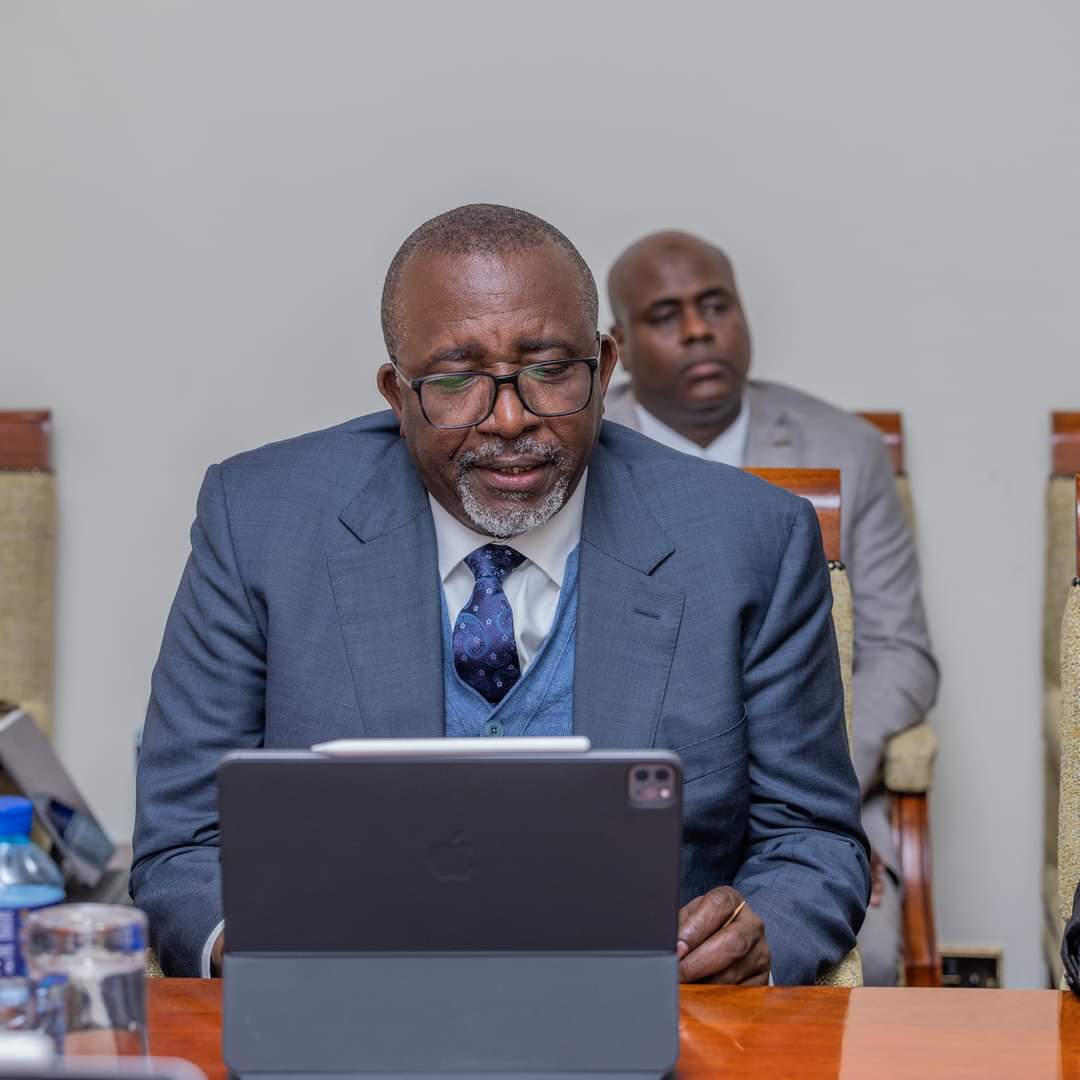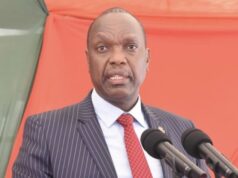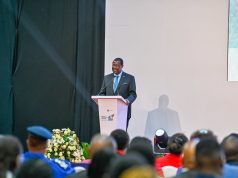Former Agriculture Cabinet Secretary Mithika Linturi has expressed regret over not signing a formal agreement with President William Ruto during the formation of the Kenya Kwanza coalition government.
Linturi, speaking at a teachers’ event in Igembe North, Meru County, on Saturday, revealed that both he and the now-impeached Deputy President, Rigathi Gachagua, made a crucial mistake by choosing not to negotiate for a formal agreement with the president when other leaders were signing deals through their political parties.
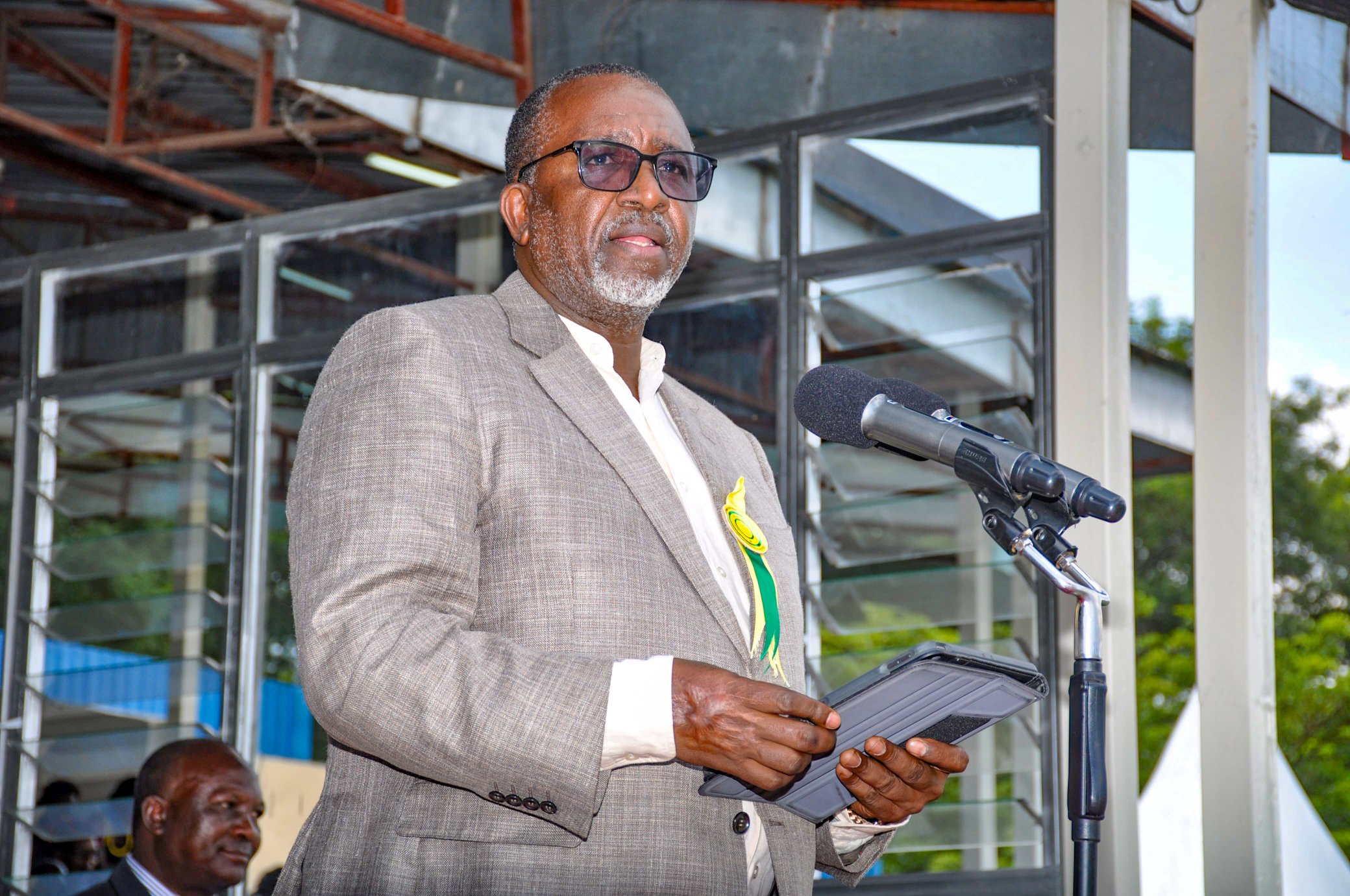
Linturi reflected on the early stages of his alliance with Ruto, noting that he and Gachagua worked tirelessly to ensure the success of the Kenya Kwanza coalition. However, unlike other political leaders who entered into structured agreements with the president, Linturi and Gachagua opted to trust Ruto’s word and proceed without any signed contract. This decision, he admitted, was one he now deeply regrets.
“When we joined William Ruto, we worked so hard and helped secure the government. But the only thing I regret is that, while everybody else was negotiating through their political parties and signing agreements, Gachagua and I decided not to,” Linturi said. “We said, ‘Let’s move forward, we trust you,’ and didn’t ask for a formal deal. We just trusted him and proceeded.”
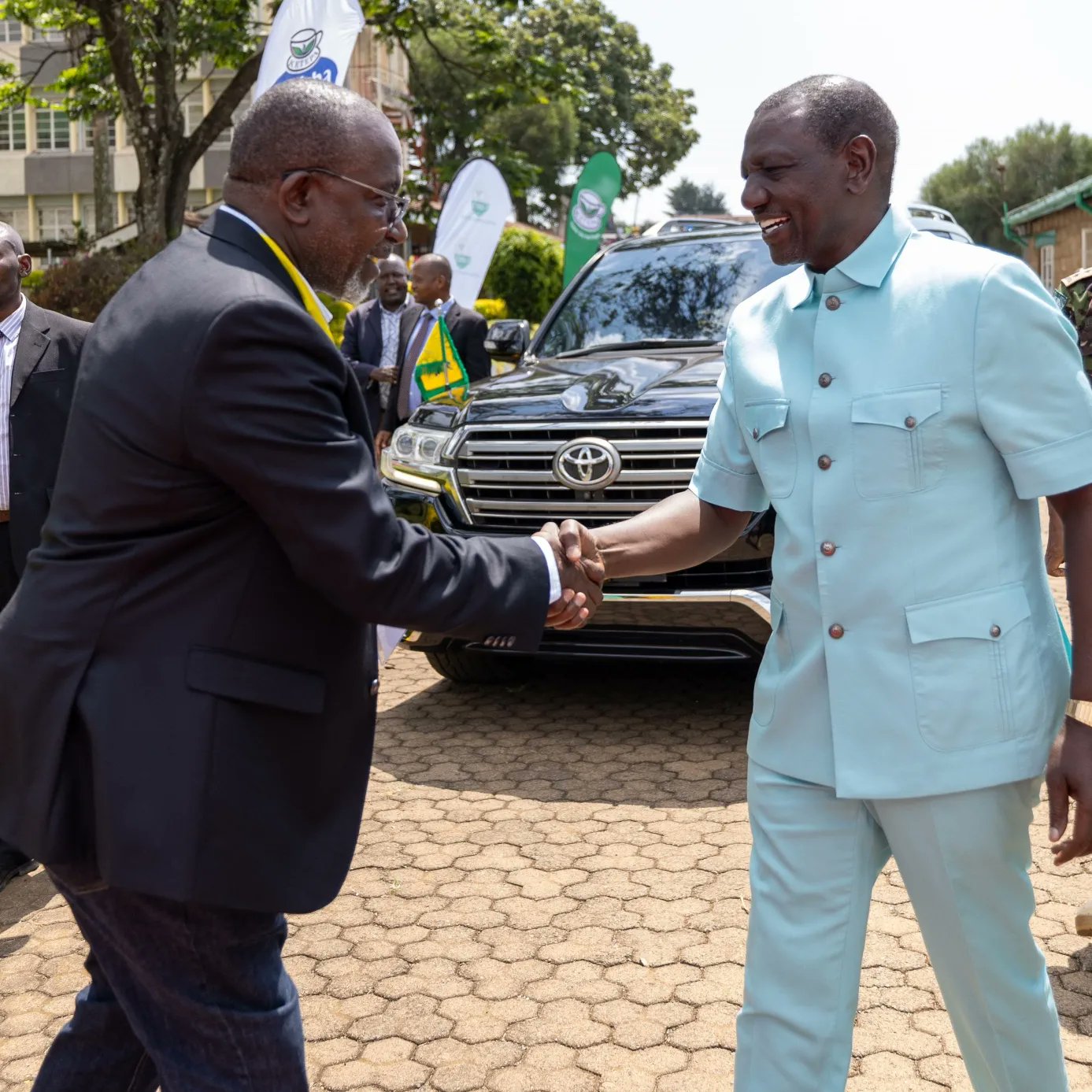
This lack of formal agreement, Linturi explained, left both him and Gachagua vulnerable and made them easier targets for removal from government positions.
He urged Meru residents and political players to take a lesson from his experience, emphasizing the importance of negotiating from a position of strength and securing formal agreements to avoid being marginalized.
“I can tell you, without any fear, that when you are negotiating, you must position yourself to come out stronger and better protected. Without an agreement, you become an easy target. I will tell you today, I truly regret not signing that deal,” Linturi stated.
Linturi’s comments come in the wake of significant political changes within Kenya’s government. He is one of at least six former Cabinet Secretaries who lost their positions during a government reshuffle announced by President William Ruto in July.
These dismissals came at a time of heightened political tensions, fueled in part by nationwide protests led by Kenya’s younger generation, often referred to as the “Gen Zs,” over issues such as economic hardship and governance.
President Ruto made the decision to dismiss the Cabinet Secretaries following widespread protests and a holistic evaluation of the government’s performance. On July 11, the president announced the dismissal of several high-ranking officials, including Linturi, and restructured his Cabinet, retaining only a select few.
In his statement at the time, President Ruto explained his decision as part of a broader effort to address the concerns of the Kenyan people and reassess the government’s ability to deliver on its promises.
“Upon reflection and listening keenly to what the people of Kenya have said, and after a holistic appraisal of the performance of my Cabinet, I have today, in line with the powers given to me, decided to dismiss with immediate effect all the Cabinet Secretaries and the Attorney General from the Cabinet of the Republic of Kenya, except for the Prime Cabinet Secretary and the Cabinet Secretary for Foreign and Diaspora Affairs,” Ruto said.
Linturi’s regret over his political choices underscores the challenges faced by leaders who do not secure formal agreements in government coalitions. Without such agreements, leaders may find themselves sidelined or removed from key positions without recourse.
His experience serves as a cautionary tale to future politicians about the importance of negotiating strong, binding agreements to safeguard their political futures.
As Linturi continues to reflect on the lessons learned during his time in government, it remains to be seen how his future political ambitions will unfold. Nevertheless, his candid admission of regret and the call for others to learn from his experience will likely resonate within political circles as Kenya continues to navigate its dynamic political landscape.

